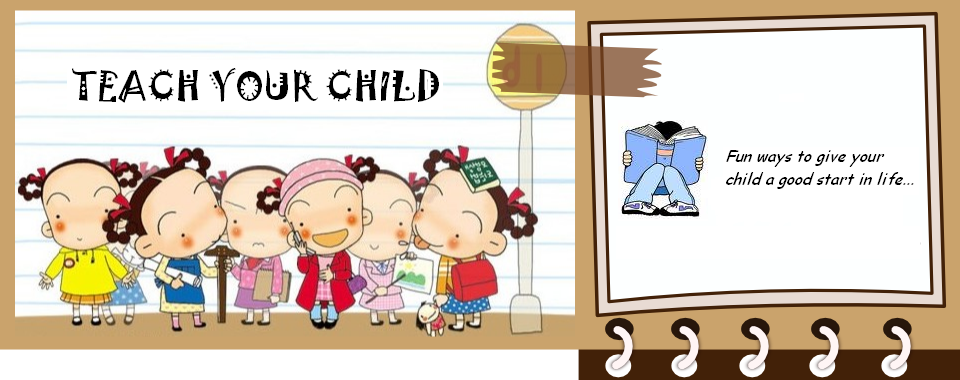Very young children feel comfortable and are able to relax when they are familiar with the people looking after them. They respond to a regular routine. This will not be the same for any one family or indeed for any on child. However, it is a routine which will have been established and one which will allow children to know where they are. At this very young age, many children feel threatened by any disruption to this familiar pattern.
Obviously, however, as children get older, they need to be able to cope with changes to this familiarity. They need to learn to accept many unfamiliar places, people situations and objects as non-threatening, whilst recognizing that some others pose a threat. As children become more adept at using their senses, their family world will expand dramatically and they will gradually develop a more realistic view of what is and what is not safe.
